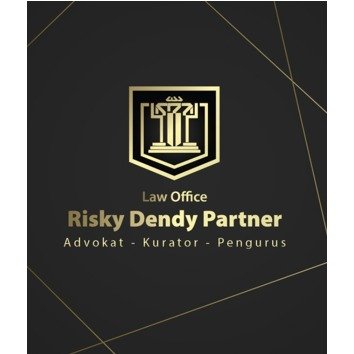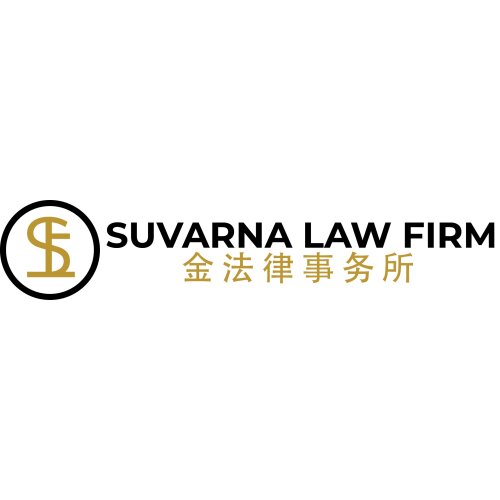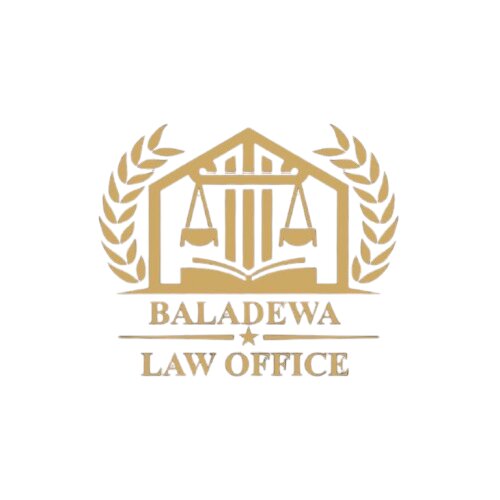Best Labor Law Lawyers in Indonesia
Share your needs with us, get contacted by law firms.
Free. Takes 2 min.
Or refine your search by selecting a city:
List of the best lawyers in Indonesia
About Labor Law in Indonesia
Labor Law in Indonesia is designed to regulate the relationship between employers, employees, and the government. It aims to ensure fair treatment, workplace safety, and worker rights, while also supporting economic growth and business flexibility. The key legislation governing labor matters is the Manpower Act No. 13 of 2003, which has been supplemented by subsequent regulations and amendments, including the Omnibus Law on Job Creation. This legal framework covers various aspects, such as employment contracts, wages, working hours, leave entitlements, occupational health and safety standards, and the resolution of labor disputes.
Why You May Need a Lawyer
Individuals and businesses often require legal assistance in Labor Law for several reasons:
- Employment Contracts: Negotiating and drafting employment contracts to prevent future disputes.
- Workplace Disputes: Resolving conflicts regarding wrongful termination, discrimination, or harassment.
- Compliance: Ensuring compliance with evolving labor regulations and avoiding penalties.
- Mergers and Acquisitions: Understanding labor implications in corporate restructuring.
- Collective Bargaining: Navigating negotiations with trade unions.
- Litigation: Representing parties in court for labor-related hearings.
Local Laws Overview
Some key aspects of local labor laws in Indonesia include:
- Minimum Wage: Established annually by the government, varying by province and region.
- Employment Contracts: Contracts can be of indefinite or fixed-term. Specific rules apply to each type, especially regarding termination.
- Working Hours: Standard working hours are 40 hours per week, with provisions for overtime pay for hours exceeding this limit.
- Leave Entitlements: Employees are entitled to paid leave, including annual leave, maternity leave, and sick leave.
- Severance Pay: Required for dismissals, with the amount depending on the length of service.
- Trade Unions and Collective Agreements: Workers have the right to form and join trade unions, and engage in collective bargaining.
- Occupational Safety: Employers must adhere to health and safety standards to prevent workplace injuries and illnesses.
Frequently Asked Questions
1. What is the minimum wage in Indonesia?
The minimum wage is set annually and varies by province and region. It is determined by regional tripartite wage boards and takes into consideration the province’s economic conditions.
2. Can an employer terminate an employee without cause?
Termination without cause is restricted. Generally, legitimate reasons are required, and severance pay may be applicable, based on the circumstances surrounding the termination.
3. What are fixed-term employment contracts?
Fixed-term contracts have specific start and end dates and are generally used for temporary or project-based work. These contracts are subject to certain legal restrictions and may not exceed a certain duration, unless extended by law.
4. How many hours constitute overtime work?
Overtime work is any work performed beyond the standard 40-hour workweek. Employers must pay overtime wages as prescribed by law for hours worked beyond this limit.
5. Are employers required to provide health insurance?
Yes, under the National Health Insurance System (BPJS Kesehatan), employers are required to provide health coverage for their employees.
6. What rights do employees have regarding maternity leave?
Female employees are entitled to three months of maternity leave. Maternity leave is typically divided into 1.5 months before and 1.5 months after childbirth, though it can be adjusted depending on medical advice.
7. How can labor disputes be resolved?
Labor disputes can be resolved through bipartite negotiations, mediation, conciliation, or arbitration. The Industrial Relations Court is also available for unresolved disputes.
8. What is severance pay, and when is it required?
Severance pay is compensation provided to employees upon dismissal. The amount varies depending on the length of service and the reason for termination.
9. Are there regulations on health and safety in the workplace?
Yes, there are regulations that mandate employers to maintain a safe and healthy work environment. They must comply with standards to prevent work-related accidents and illnesses.
10. Can employees join trade unions?
Yes, workers have the right to form and join trade unions, and to engage in collective bargaining for their working conditions and rights.
Additional Resources
For more information, the following resources can be helpful:
- Ministry of Manpower (Kementerian Ketenagakerjaan): The main governmental body responsible for labor issues.
- Indonesian Employers Association (Apindo): Offers support and resources for employers.
- Trade Unions: Various trade unions represent workers' interests across different sectors.
- Legal Aid Organizations: Offer free or low-cost legal assistance to those in need, including labor law issues.
Next Steps
If you require legal assistance in Labor Law, consider the following steps:
- Identify the specific labor issue you are facing and gather any relevant documents and evidence.
- Consult with a qualified labor attorney to discuss your case and understand your legal rights and obligations.
- Research and contact local legal aid organizations if cost is a concern, as they might offer free consultations or support.
- Prepare for potential mediation or legal proceedings by documenting all interactions and maintaining a clear record of events.
- Stay informed about your rights and any changes to labor laws that may affect your case.
Lawzana helps you find the best lawyers and law firms in Indonesia through a curated and pre-screened list of qualified legal professionals. Our platform offers rankings and detailed profiles of attorneys and law firms, allowing you to compare based on practice areas, including Labor Law, experience, and client feedback.
Each profile includes a description of the firm's areas of practice, client reviews, team members and partners, year of establishment, spoken languages, office locations, contact information, social media presence, and any published articles or resources. Most firms on our platform speak English and are experienced in both local and international legal matters.
Get a quote from top-rated law firms in Indonesia — quickly, securely, and without unnecessary hassle.
Disclaimer:
The information provided on this page is for general informational purposes only and does not constitute legal advice. While we strive to ensure the accuracy and relevance of the content, legal information may change over time, and interpretations of the law can vary. You should always consult with a qualified legal professional for advice specific to your situation.
We disclaim all liability for actions taken or not taken based on the content of this page. If you believe any information is incorrect or outdated, please contact us, and we will review and update it where appropriate.
Browse labor law law firms by city in Indonesia
Refine your search by selecting a city.

















